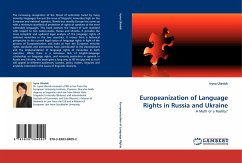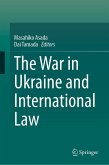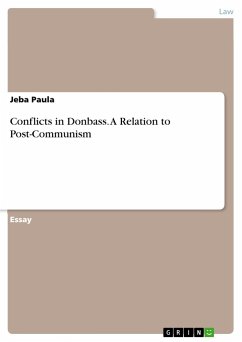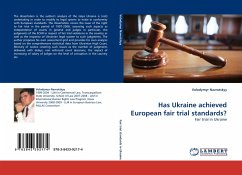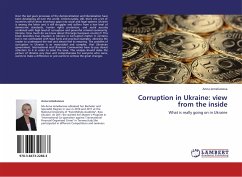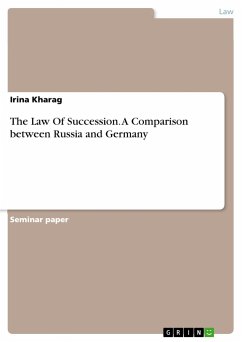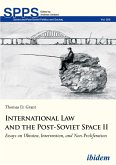The increasing recognition of the threat of extinction faced by many minority languages has put the issue of linguistic minorities high on the European and national agendas. Slowly but steadily Europe has come up with a minimum standard of protection of rights of speakers of the most vulnerable languages. This book assesses the impact of such standard with respect to two nation-states, Russia and Ukraine. It provides the most complete and updated legal analysis of the language rights of national minorities in the two countries. It moves from a historical perspective to the current legal status of language rights in light of the process of Europeanization and looks at how the European minority rights standards and instruments have contributed to the development and the implementation of language rights of minorities in both countries. While there is a notorious lack of English-language scholarship on language rights, and minority protection in general in Russia and Ukraine, this book goes a long way to fill the gap and as such will appeal to different audiences: lawyers, policy makers, linguists and anybody interested in the issues of linguistic diversity.
Bitte wählen Sie Ihr Anliegen aus.
Rechnungen
Retourenschein anfordern
Bestellstatus
Storno

